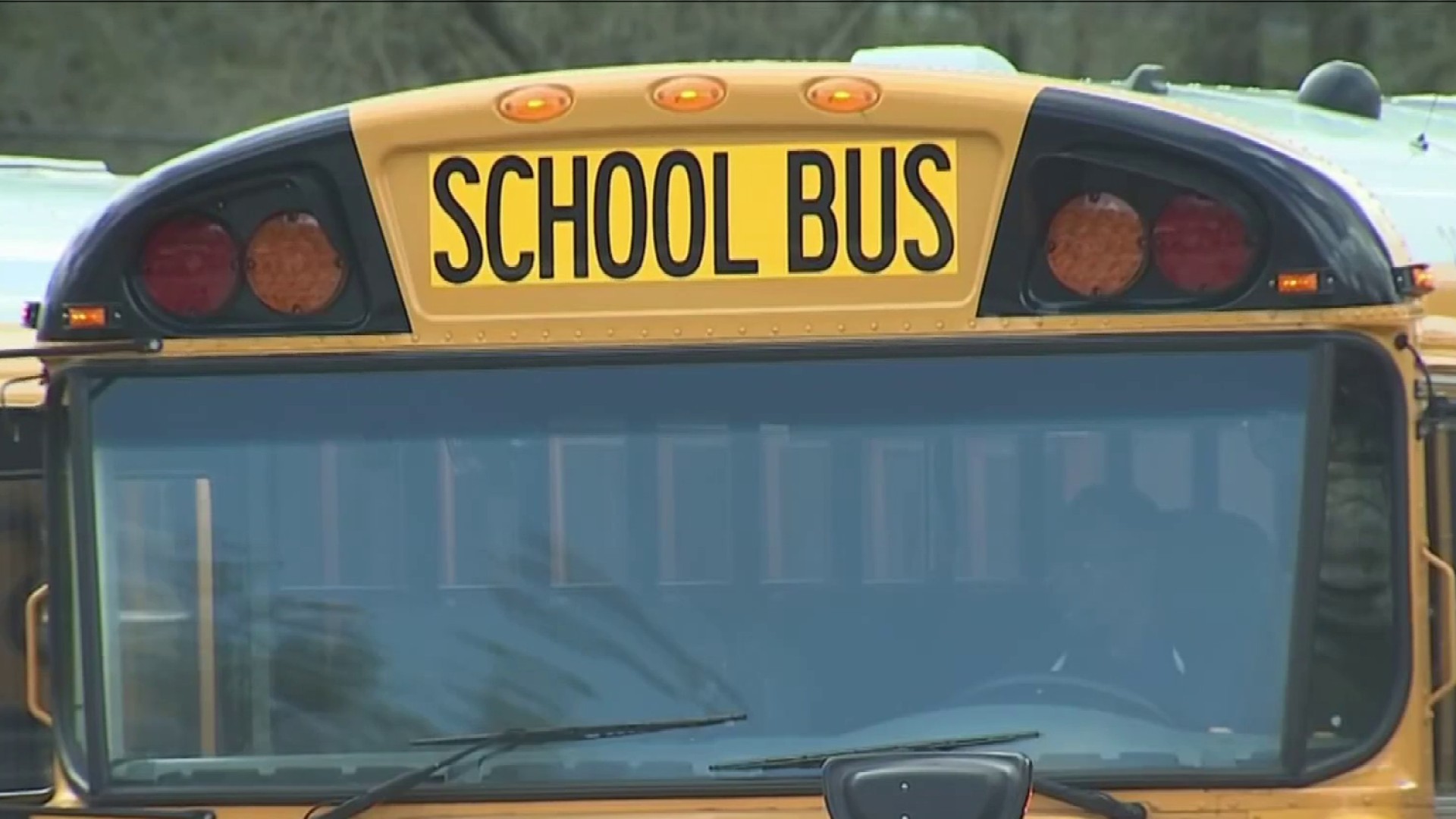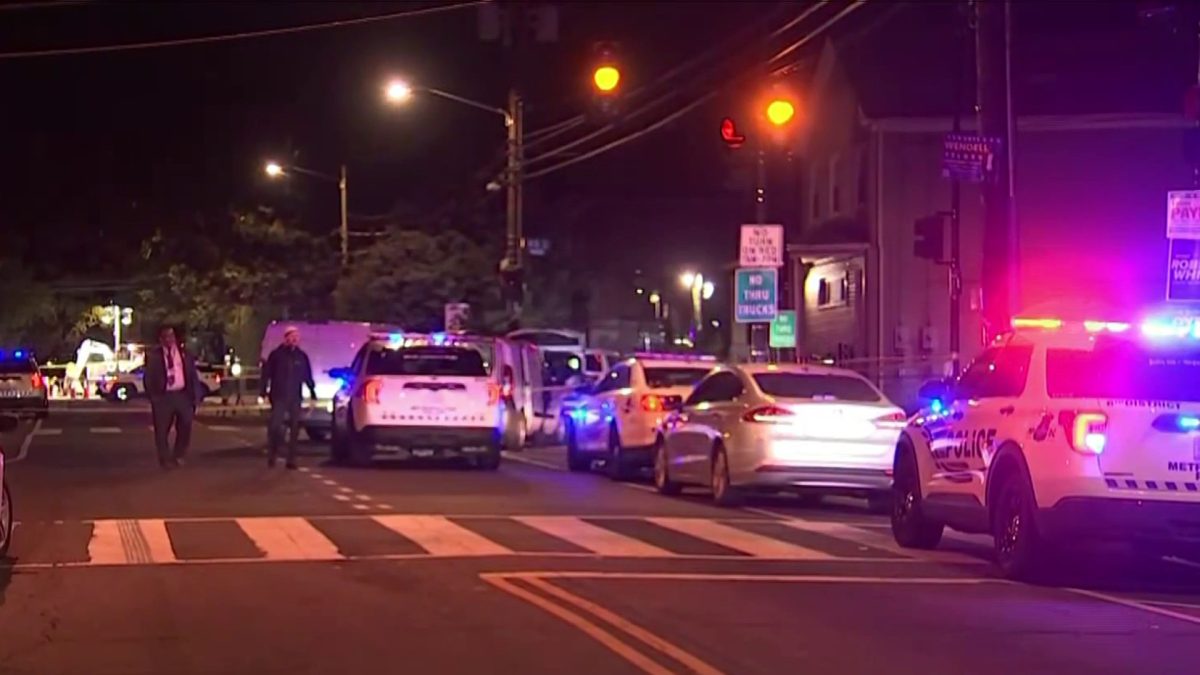As our local communities shift toward reopening, many who want to get back to the office are wondering whether they might have coronavirus antibodies, especially if scientists determine that provides some level of immunity from future infections.
Public health officials in Washington, D.C., Maryland and Virginia are not yet offering serology testing, but dozens of private labs and health providers are. Tens of thousands of people across our region have already been tested for antibodies.
"They're evidence that we have had an immune response and fought off an infection. So they probably represent some level of protection," said Dr. David Trump, a physician/epidemiologist who is studying antibody test results for Virginia's Office of Epidemiology.
More than 26,000 Virginians have already had an antibody test and Dr. Trump says just over 6 percent have come back positive.
"Probably for every case that we have diagnosed and reported from the health department, there's somewhere between five and 10 people who've been infected that we don't know about," Dr. Trump said.
Those people might not even know they were infected, if they were exposed but never developed symptoms. An antibody test can also help doctors diagnose probable cases of people who did have symptoms but never got a COVID-19 test.
But he doesn't recommend everyone get tested immediately. He says widespread testing among certain populations like nursing homes that have had outbreaks or workplaces where employees are in close contact are particularly helpful.
Local
Washington, D.C., Maryland and Virginia local news, events and information
"That lets us know a lot of information about what's happened with this virus in our communities and can help us make decisions," said Dr. Trump.
But he cautions that the early statewide data might not be indicative of the larger population. Some private testing locations are using tests that are not FDA-approved and might not be as accurate. Plus, labs are only disclosing patient demographics and results, not the reason the person went to get tested.
"It's primarily citizens who are curious to understand what their status is," said Kirk Kirkov, co-owner of ARCpoint Labs of Washington, D.C.
He began offering serology testing in mid-April and has already done roughly 400. He says 10% have come back positive for antibodies, which is expected if many had prior symptoms or heavy exposure to COVID-19 infected patients.
"We have quite a few medical doctors who have gotten tested, we have some first responders as well," Kirkov said.
Unlike the swab test to see if a patient has a current COVID-19 infection, a serology test shows whether you've been exposed in the past.
The District did not begin requiring healthcare providers to report serology results until May 6, and a D.C. spokesperson refused to tell the I-Team how many they've received so far and what percentage were positive for antibodies.
Maryland's Department of Health would only say it's working to "fully implement a serology testing platform" and deploying rapid tests to some hospitals. The state would not even confirm whether it's tracking serology results.
Other states are reporting their antibody test numbers and results daily, along with their COVD-19 case data.
"They are very high demand for the test. The manufacturers are having a hard time keeping up with the volume necessary," said Dr. Marilyn Bibbs Freeman, deputy director for Virginia's state lab.
Dr. Bibbs Freeman said 500 rapid lateral flow test kits are already on the way and the state is ordering a special piece of equipment to ramp up testing in the next three to four weeks.
"Currently, their goal is 1,000 a month, and that's what we're building our testing and resources around," said Dr. Bibbs Freeman.
Experts expect to learn a lot more about antibody testing over time, including how best to use the data they're collecting. There is still much more focus on the tests for active COVID-19 infections, because treating people who are currently sick is, of course, the priority.



